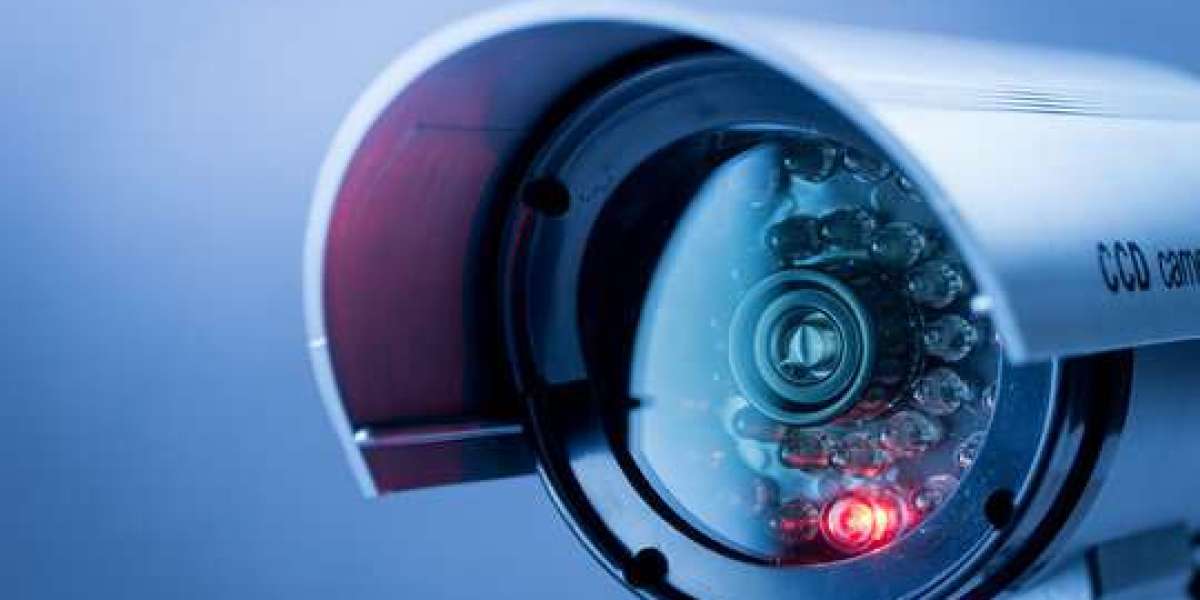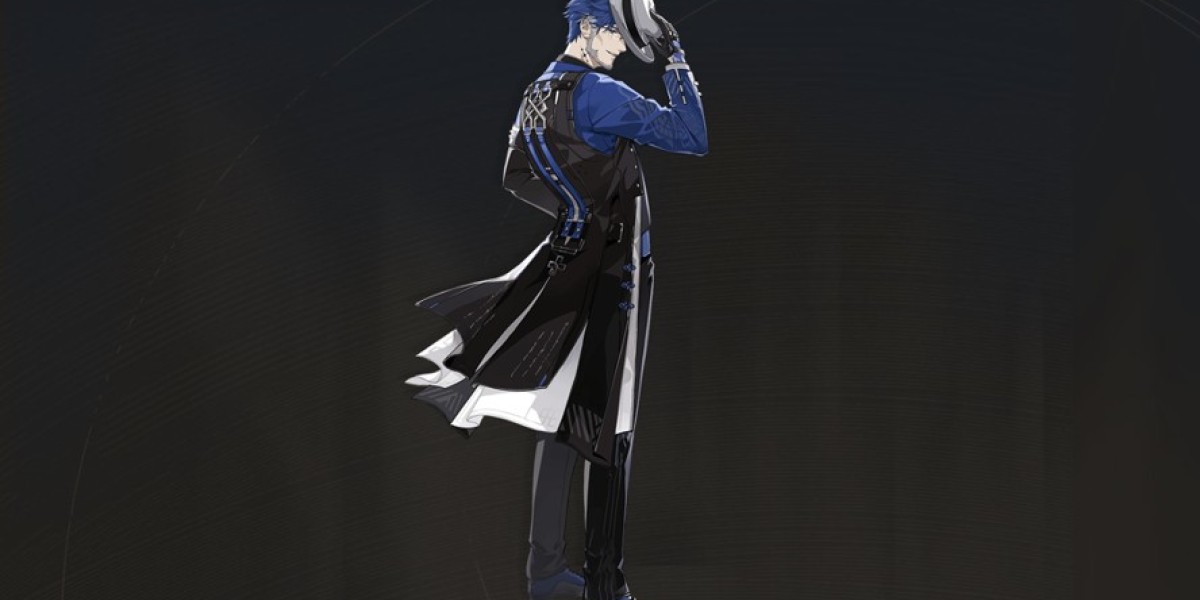Introduction
Installing a CCTV system isn’t just about mounting a camera on the wall—it’s about positioning it the right way, using the right equipment, and making sure it actually does the job of protecting your property.
Whether you're securing a family home in Pokhara or running a retail store in Kathmandu, getting the installation right is what makes the difference between just having a camera and actually feeling safe.
If you're unsure how to approach it, this guide offers Expert Installation Tips for CCTV Camera in Nepal to Maximize Protection. We’ll cover everything from ideal camera placement to common mistakes and maintenance tricks—all designed to make your CCTV system as effective as possible.
Why Installation Matters More Than You Think
You can buy the most advanced CCTV camera, but if it’s installed incorrectly—like pointing at a bright light or missing key entry points—it won’t help you much. In fact, most users only realize the flaws after an incident occurs.
Proper installation ensures:
Better Coverage: No blind spots.
Clear Footage: Less glare, better angles.
Longer Equipment Life: Well-placed systems are less prone to damage.
Faster Response: Alerts and footage are more accurate and accessible.
Pre-Installation Checklist
Before diving into the installation process, take a moment to assess:
Purpose – Are you monitoring indoors, outdoors, or both?
Entry Points – Identify doors, windows, or blind spots that need coverage.
Lighting Conditions – Night vision? Bright sunlight? Backlight?
Connectivity – Wi-Fi or LAN access for IP cameras.
Power Source – Make sure there’s a nearby power outlet or plan for PoE (Power over Ethernet).
Ideal Camera Placement: Room-by-Room Guide
? Home Setup
Front Door: Most intrusions start here. Mount the camera at a height of 9–10 feet to cover faces and entry.
Back/Side Entrances: Often overlooked. Use weatherproof bullet cameras.
Living Room or Hallway: Ideal for tracking motion between rooms.
Garage: Use a wide-angle lens to monitor vehicles or storage.
? Office & Commercial Setup
Main Entrance: Use dome cameras for a discreet but powerful view.
Reception Area: Position it to record staff interaction and visitors.
Storage Areas: Keep an eye on high-value inventory.
Parking Lots: Use PTZ (pan-tilt-zoom) cameras for wide coverage.
Expert Installation Tips You Shouldn’t Ignore
Here are tips that professionals use for optimal security:
1. Avoid Direct Light
Place cameras away from direct sunlight, bright indoor lights, or reflective surfaces. Bright light can wash out footage or create blind spots.
Pro Tip: Use cameras with WDR (Wide Dynamic Range) if lighting is inconsistent.
2. Stay High and Angled
Mount cameras high enough (at least 8–10 feet) to avoid tampering but angled downward to capture faces and movement.
Why it matters: Straight-on placement often misses activity at ground level or leads to distorted views.
3. Cover Entry and Exit Points
Focus on areas where people come and go—main doors, back gates, windows, elevators. These are your priority zones.
Pro Tip: Use motion detection to reduce unnecessary recording and improve review time.
4. Mind the Distance
Don’t assume your camera can zoom clearly on distant objects. Use specs to match lens type with required range:
2.8mm lens = wide angle, short distance
4mm lens = moderate distance
Varifocal lens = adjustable zoom for larger spaces
5. Test Before You Mount
Always test the angle and visibility before drilling holes or installing brackets.
Here’s how:
Hold or tape the camera in position.
Check the live view via mobile or monitor.
Make sure you can clearly see faces and movement.
6. Secure the Wiring
Exposed wires are vulnerable to tampering or weather damage. Use conduits or trunking to secure them neatly.
Wireless cameras? Still hide the power cables!
7. Use UPS or Power Backup
Nepal’s load-shedding or power fluctuations can interrupt recording. Connect your DVR/NVR to an uninterruptible power supply (UPS) to ensure continuous operation.
8. Set Up Remote Viewing
Modern IP cameras allow mobile access. Set up your app correctly with alerts for:
Motion detection
Unusual activity
Low storage
Popular apps: Hik-Connect, Dahua DMSS, CP Plus gCMOB
9. Proper Labeling & Storage Setup
Label cables and assign IP addresses correctly, especially for systems with multiple cameras. Organize your DVR/NVR folder for easy footage retrieval.
10. Regular Maintenance
Installation isn’t a one-time job. You need periodic checks for:
Dust or water on lenses
Loose cables
DVR space or cloud storage limits
Software/firmware updates
Common Mistakes to Avoid
Avoid these pitfalls that could make your CCTV system less effective:
| Mistake | Why It's a Problem |
|---|---|
| Installing too low | Easy to tamper or damage |
| Ignoring night vision needs | Incomplete monitoring after dark |
| Using indoor cams outdoors | They’ll break easily in weather |
| Not testing before drilling | May miss angles or vital coverage |
| Not changing default passwords | Risk of hacking |
Best CCTV Brands for Nepal in 2025
Here are brands trusted by both professionals and households:
Hikvision – High performance, great support, ideal for commercial.
Dahua – Value for money with reliable software.
CP Plus – Great for home and small business users.
MI Home Security – Affordable, smart home integration.
TP-Link Tapo – Easy to install, app-friendly, good for beginners.
Installation Cost in Nepal: What to Expect
Installation costs depend on system size and complexity:
| System Type | Average Installation Cost (NPR) |
|---|---|
| 1–2 Cameras (home) | 1,500 – 3,000 |
| 4-Channel System | 4,000 – 7,000 |
| 8-Channel Commercial | 8,000 – 12,000 |
| Wireless Setup | 500 – 2,000 (self or assisted) |
Many providers like Eroth Technologies offer full packages including hardware, setup, and training.
Real Experiences from CCTV Users in Nepal
“Our home camera caught a break-in attempt during the night. The footage helped police catch the culprit within hours.” – Sunita R., Lalitpur
“Thanks to Eroth Technologies’ installation team, our office cameras now cover every entrance and even the underground parking.” – Rajan M., Bhaktapur
“We had no idea we were missing blind spots until a technician repositioned our front door camera. The difference is massive.” – Binay K., Kathmandu
Conclusion
A good CCTV camera setup begins with smart, professional installation. No matter how high-tech your system is, poor placement or incorrect setup can make it nearly useless. The good news? With a bit of planning and the right guidance, you can create a security setup that truly protects your home or office.
For the best results, consider following these Expert Installation Tips for CCTV Camera in Nepal to Maximize Protection and get support from trusted providers like Eroth Technologies. They not only supply quality hardware but also offer complete installation services to make sure your system works exactly the way it should.








